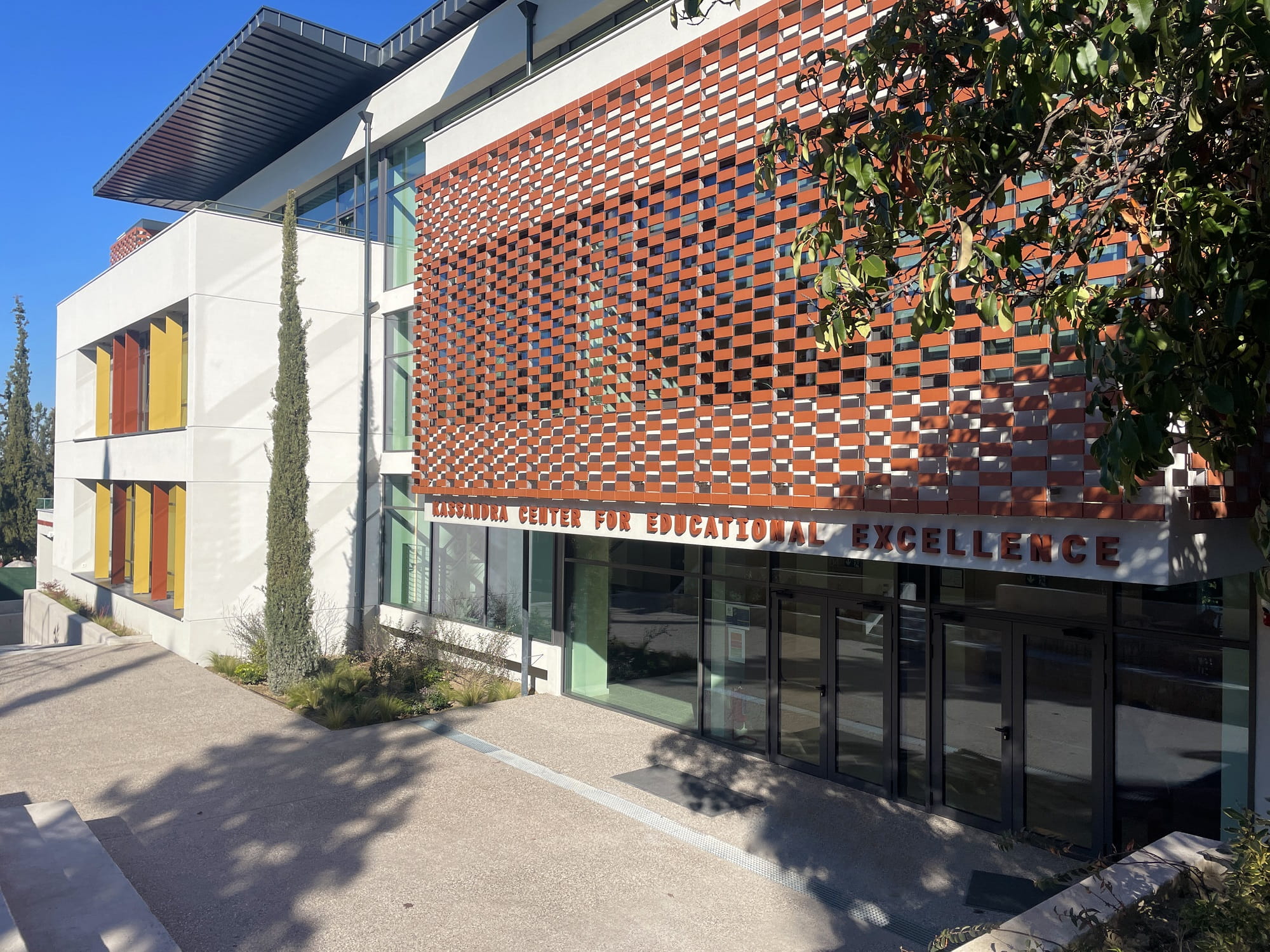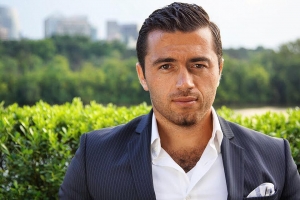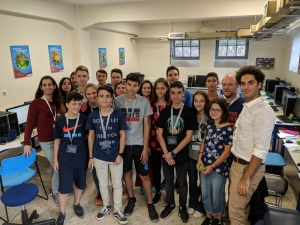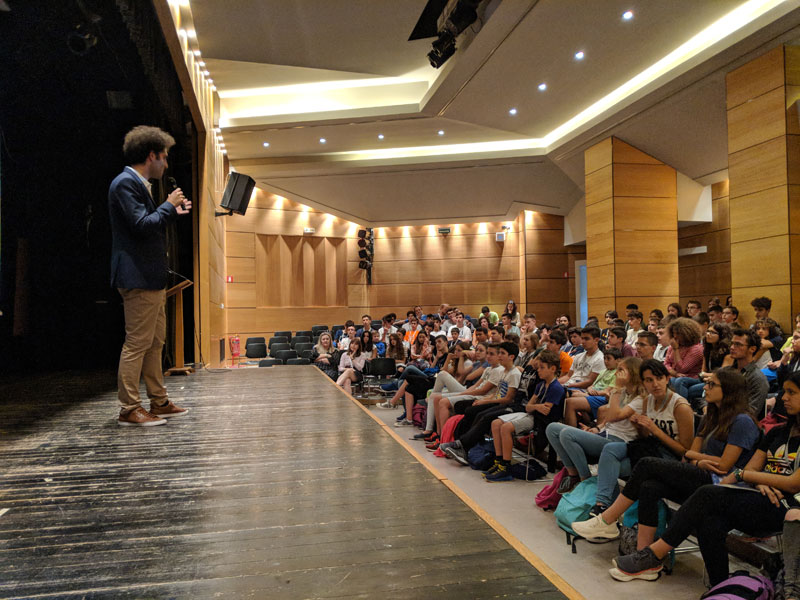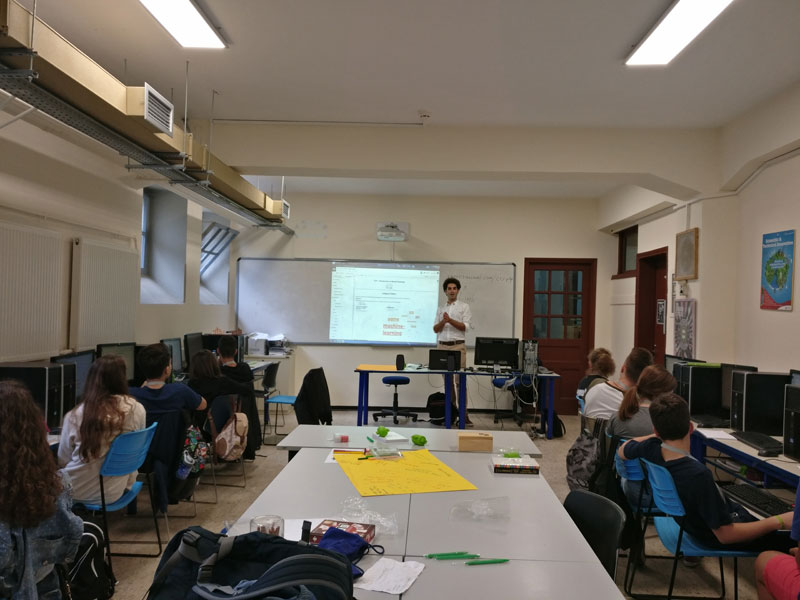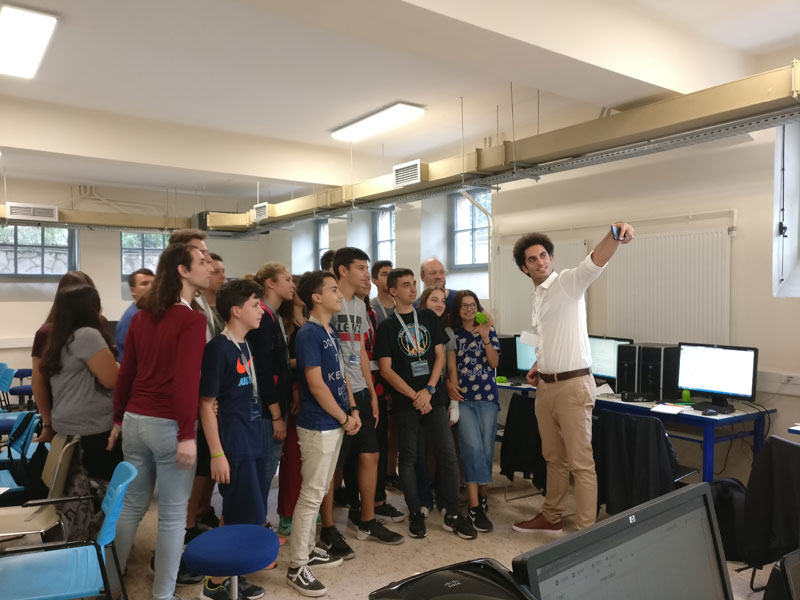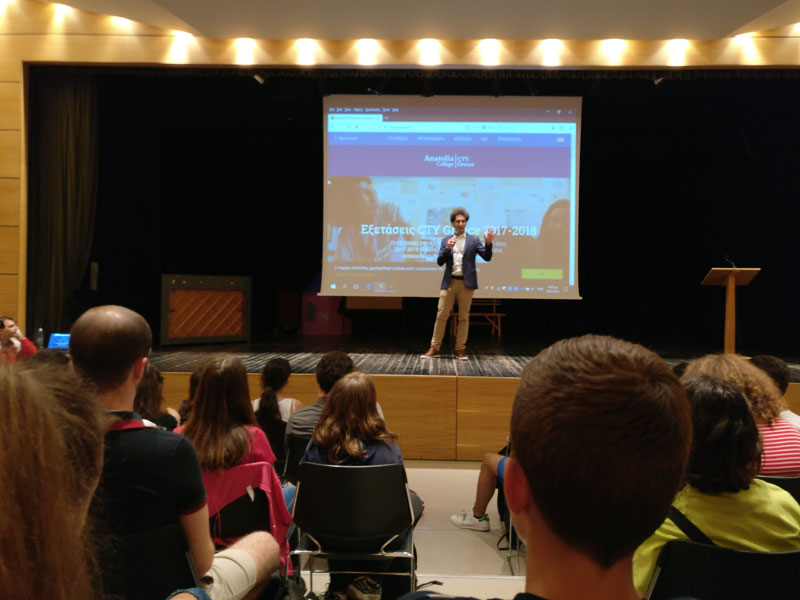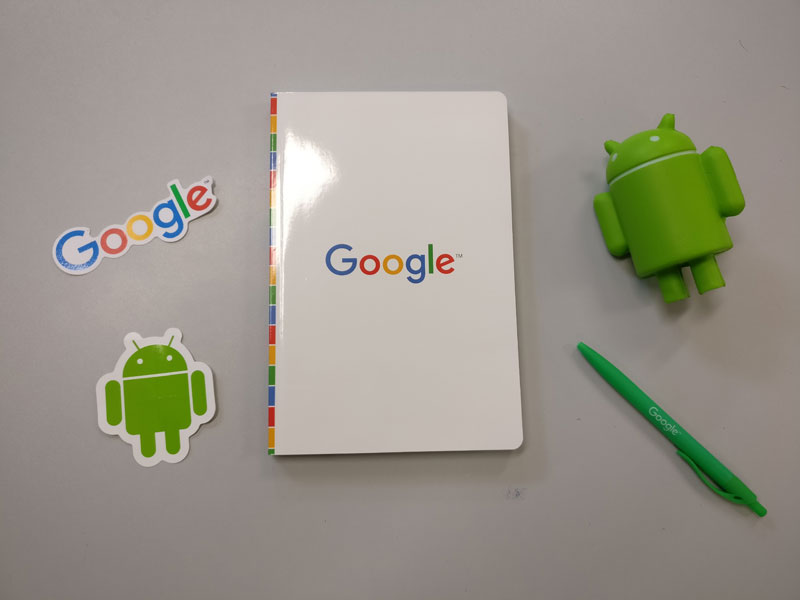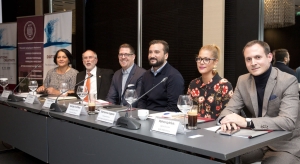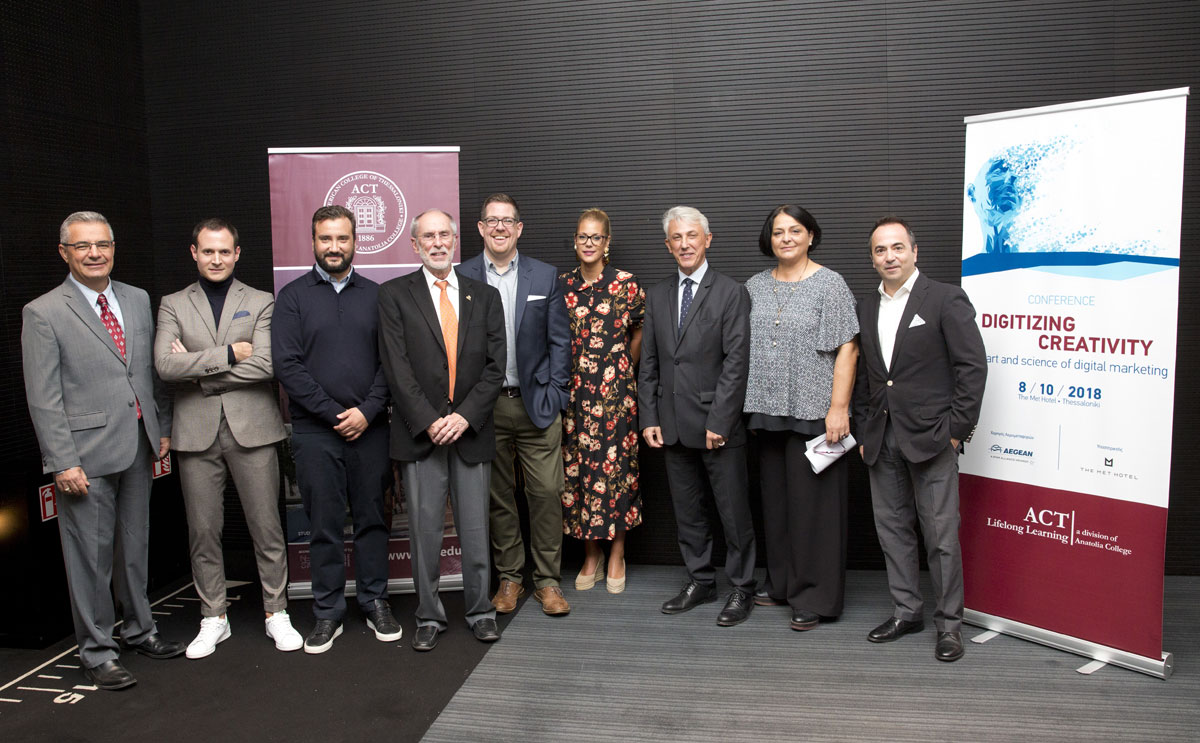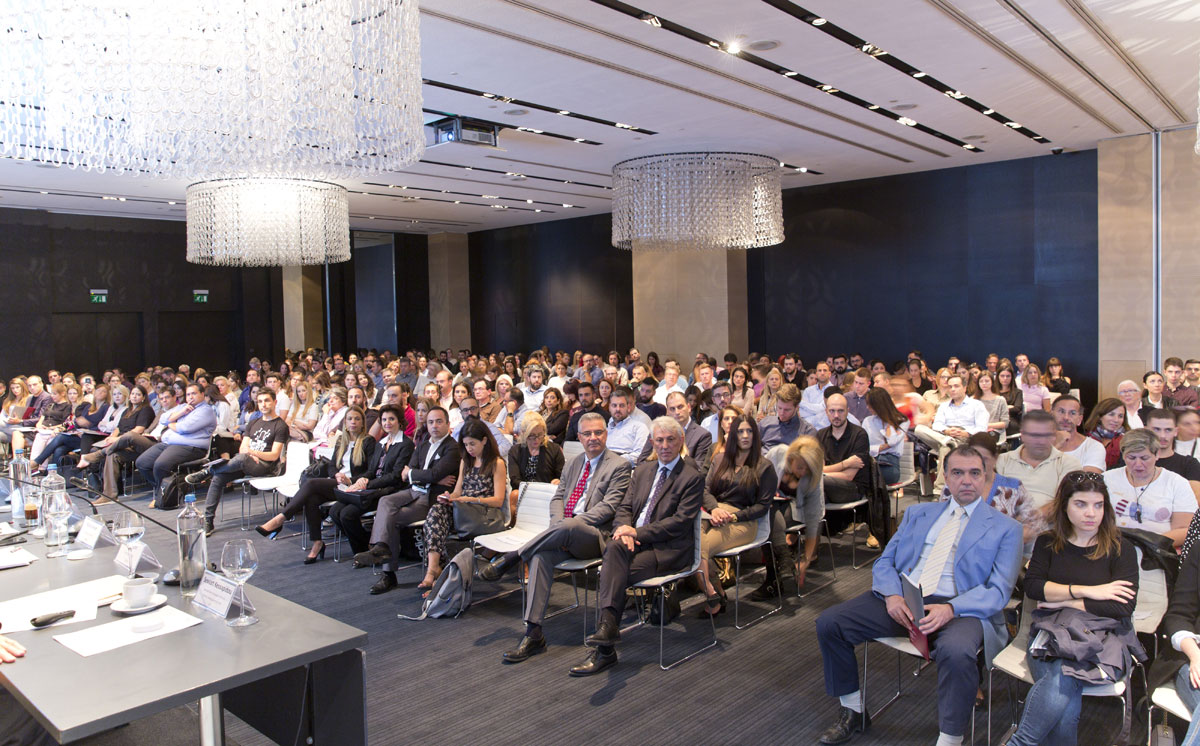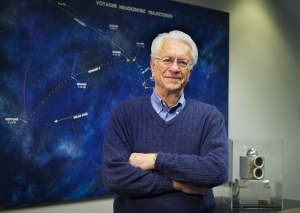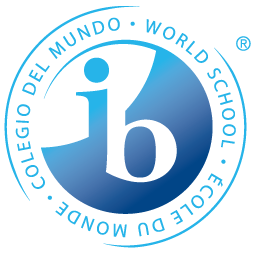Meet Ermal, the International Relations Alumnus
Ermal Vila currently works in Parliamentary Development for the World Bank in Washington, DC, mostly around supporting Parliamentary Budget Offices and Finance/ Public Accounts Committees globally on issues of national budget drafting and oversight.
He was Secretary of the World Bank’s Youth to Youth Community, and currently a member of the World Economic Forum’s Global Shapers DC Hub. His past working assignments include the Cabinet of the President of the European Parliament (Brussels), the Center for Transatlantic Relations at Johns Hopkins SAIS (Washington), the Albanian Ministry of Foreign Affairs (Tirana), and the Center for Democracy and Reconciliation in Southeast Europe (Thessaloniki).
Ermal is originally from Albania, he received his B.A. in International Relations at ACT in 2011, and he moved to the USA to finish a M.A. in International Development and Economics at Johns Hopkins University SAIS in 2012 after spending the fiirst year of his Masters in Italy.
Why did you choose to study International Relations?
I was always fascinated by History. I had a deep curiosity for the events that shaped human civilization. When I decided to study at ACT, the International Relations program seemed to be the perfect fit for me that would allow me to continue my academic journey in a subject that I was so passionate about.
Why did you choose ACT, and how would you describe your overall academic and student experience here?
Coming to Thessaloniki was my personal choice since my father used to work in the city for almost two decades, and he has known ACT for a long time. After looking at the rigorous program and fascinating American-style campus, I knew that’s where I wanted to spend my undergraduate years.
Every time I visit Thessaloniki, I must make a stop at ACT to greet my professors because those four years at ACT were probably the best years of my life. Apart from giving me an education which prepared me for grad school and later for my professional career, it was such a rich experience. The lively campus, the diversity of students from around the Balkans and the US, and especially the attention and care from faculty and staff made for a tremendous four years.
How did your studies in International Relations at ACT prepare you for the Master studies at Johns Hopkins and the career you are pursuing?
I studied International Development and Economics at Johns Hopkins SAIS, and all I can say is that my Masters was purely a natural continuation (though at an advanced level) of my IR studies at ACT. Part of my graduate program consisted of IR core classes, which, with my ACT degree, did not feel overly challenging. As for my career, working for the world largest international development organization made it even more necessary to have a global outlook of current affairs. I have worked in projects in most regions of the world and having an understanding of their historical and socio-economic background has helped me a great deal in better implementing our development projects.
You currently work in Parliamentary Development for the World Bank in Washington. Tell us a little bit about your job there, and how is the Bank as a working environment for young people?
In my current position for the World Bank, I work on enhancing the capacity of parliaments to effectively perform their core functions, from increasing transparency in financial oversight of the national budget to supporting Parliamentary Budget Offices conduct independent budget analysis. It is a role that requires an amalgam of all of my backgrounds, including political science, economics and history.
The World Bank is a fascinating institution to work in and I feel very lucky to be here. It’s so diverse and its mission of eradicating poverty and boosting shared prosperity for all people is one that strongly resonates with me as young professional.
What would you advice a young student who is interested in studying International Relations?
International Relations is the ideal subject for the curious mind - particularly in this ever-connected world influenced by the irreversible forces of globalization, it helps students gain broad perspectives that will become helpful no matter what professional path they choose. I think that combining it with a minor in business or economics can be helpful.
Do you have a motto?
“The opposite of poverty is justice!”
More
